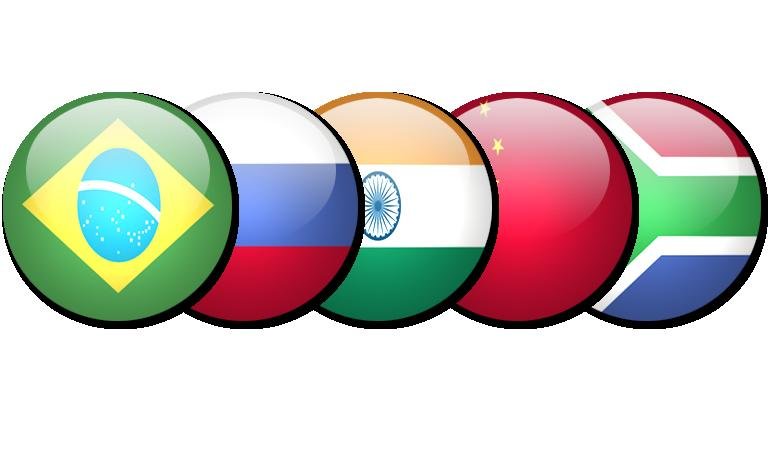Collaborations within BRICS nations can boost health technologies
June 25, 2014 | Wednesday | News | By BioSpectrum Bureau
Collaborations within BRICS nations can boost health technologies
The last BRICS Summit took place at Durban, South Africa in 2013 and the next one will be held at Brazil in July 2014. India this time will be represented by its prime minister, Narendra Modi.
"We have declared health collaboration as a priority to collectively enhance our partnerships with each other and other countries we are engaged with through bilateral and multilateral mechanisms," stated the additional secretary, ministry of health and family welfare, Mr C K Mishra who spoke at the launch of the June 2014 issue of World Health Organization (WHO) bulletin devoted to the theme "BRICS and Global Health" at New Delhi.
He further added that the impact of affordable generic drugs to manage HIV and TB, vaccines for childhood diseases and also others to tackle meningococcal meningitis, Japanese Encephalitis, innovations in diagnostics, health service delivery, and Information technology based applications etc., are key contributions to global health that have emanated from BRICS countries.
Speaking at the function, the additional secretary stated that BRICS involves nearly 40 percent of the world's population. After having achieved remarkable economic growth over the last two decades, they have taken important steps towards improving their health systems and the health of their citizens. BRICS have also gathered into a cooperation initiative around the most salient issues of their respective agendas, he stated.
He remarked that while the world has long acknowledged the impressive strides that the BRICS countries have taken in the economic sphere, it is beginning to take note of increasing influence that our exemplary and innovative public health programs and policies are having in shaping global practices.
Development and rapid adoption of appropriate and affordable health technologies is a key to ensure game changing interventions and reduce the burden of endemic and emerging communicable diseases, obtain desired health impacts in non-communicable diseases but also to address the escalating cost of health care, Mr Mishra said. Towards this, the BRICS countries seek to collaborate on enhancing our health technology development, assessment and adoption capacity, he added.
He said that our countries are also pioneering approaches to address the double burden of disease we face due to a combination of existing and re-emerging infectious diseases with the rapid emergence of non-communicable diseases. He added that while we are very happy to have contributed to the success of the global eradication of poliomyelitis, we have several other communicable disease challenges, including the emergence of antimicrobial resistance to handle.
The additional secretary stated that the approach towards attaining a desirable level of health by all segments of the society amidst the complex challenges that are faced has to incorporate `primary healthcare' which takes cognizance of broader, comprehensive and integrated service delivery mechanisms and interventions that also recognize and make use of our traditional knowledge and societal beliefs.









